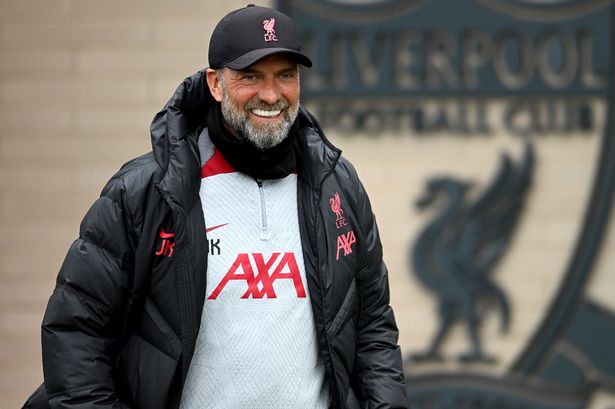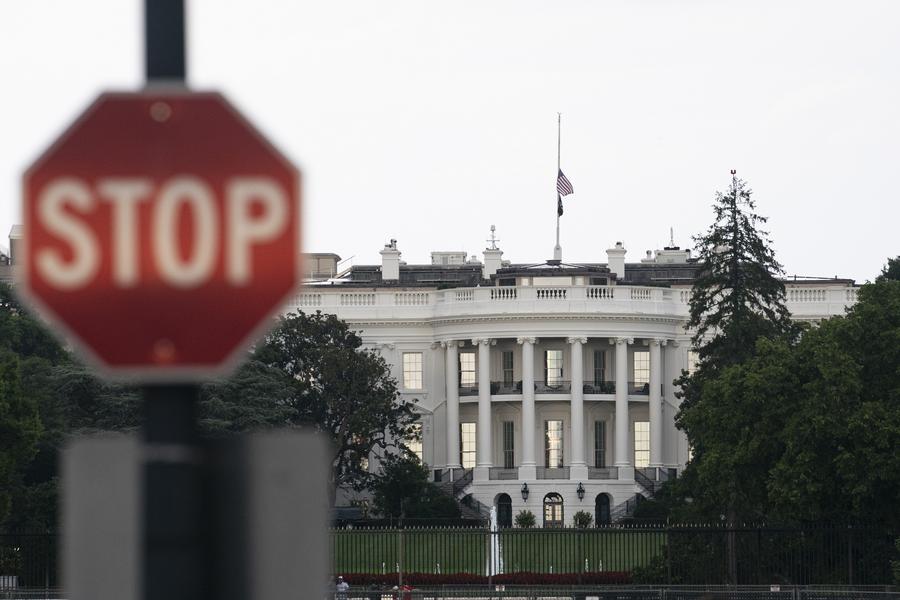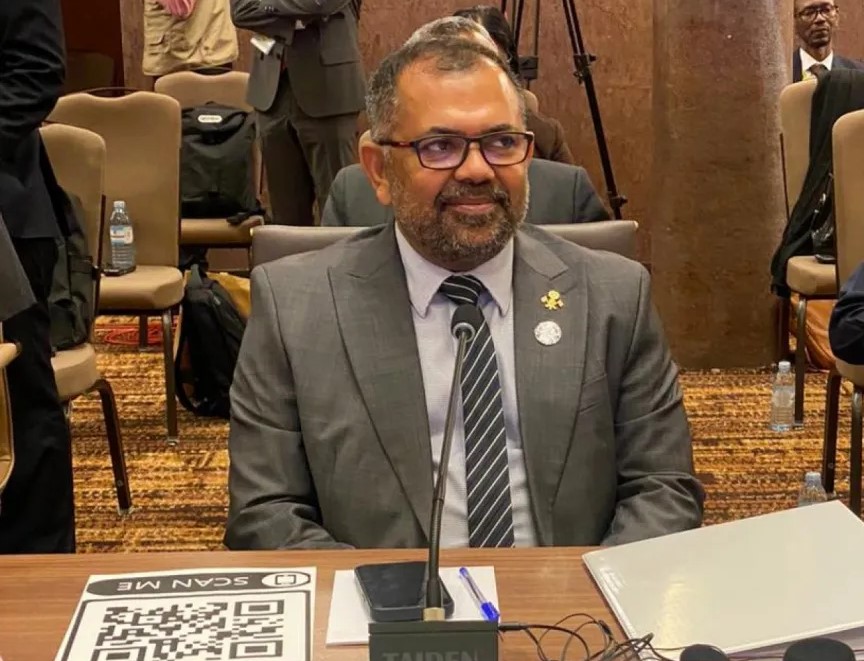LONDON, March 31 (Xinhua) — Arguably the biggest game of the weekend in the Premier League is the first to be played on Saturday, as Manchester City host Liverpool in a match that is vital for City’s title hopes and Liverpool’s chances of playing in next season’s Champions League.
Top scorer Erling Haaland could miss the game for Pep Guardiola’s side with a muscle problem and if he isn’t fit, Julian Alvarez will take his place. Meanwhile, Darwin Nunez is a doubt for Liverpool, while young midfielder Stefan Bajcetic, who played a part in Liverpool’s upturn in form, will miss the rest of the season.
City go into the match eight points behind leaders Arsenal, but with a game in hand, while Liverpool are sixth, five points behind Newcastle United and seven behind fourth-placed Tottenham.
Arsenal are at home to Leeds United, who have improved since the arrival of Javi Gracia as first-team coach and Patrick Bamford’s return to fitness.
Arsenal will be without striker Eddie Nketiah, but Gabriel Jesus should be able to lead the attack after making a couple of cameo appearances before the international break, as he looks to put the ankle injury he suffered in the World Cup behind him.
There is an intriguing game at Stamford Bridge as Chelsea entertain Aston Villa. Both sides looked to be coming into form before the break, with Chelsea finally beginning to show why they hired Graham Potter as head coach, with two wins and a draw from their last three games. Aston Villa have three wins and a draw from their last four matches to give themselves an outside chance at European football next season.
Both Brighton and Brentford can claim to be the surprise package of this season and seventh-placed Brighton take on the southwest London side in what promises to be an entertaining 90 minutes on the south coast.
95 miles west of Brighton, there will also be tension on the south coast when Bournemouth take on Fulham in a vital match for Bournemouth’s survival hopes. Fulham suffered a bad couple of weeks before the break, with two league defeats and a painful FA Cup exit to Manchester United, which saw forwards Willian and Aleksandar Mitrovic sent off along with coach Marco Silva. All three are suspended for Saturday and that could give Bournemouth the chance of three vital points.
75-year-old Roy Hodgson returns to the Crystal Palace dugout with the task of halting the slide that saw Patrick Vieira sacked a fortnight ago. Palace entertain Leicester City, who could drop into the bottom three if they lose at Selhurst Park on Saturday, with coach Brendan Rodgers another man in danger of losing his job.
Wolves coach Julen Lopetegui told his players this week to “embrace the pressure” of their battle against relegation, and there won’t be much more pressure than Saturday’s trip to Nottingham Forest, who have slipped back into danger after taking just one point from four games. Forest will hope to have striker Brennan Johnson fit as both they and Wolves struggle to score goals – each side has just 22 for the season.
Third-from-bottom West Ham entertain bottom side Southampton on Sunday, with home fans again asking coach David Moyes to play a more adventurous style of football and give more freedom to England midfielder Declan Rice.
Newcastle United take on Manchester United in Sunday’s other game, with Scott McTominay set to replace the suspended Casemiro for United, after having scored four goals in two games for Scotland during the break.
Meanwhile, Alexander Isak’s return to full fitness could be vital as Newcastle aim to build on wins against Nottingham Forest and Wolves.
The last game of the weekend is on Monday as Everton take on Tottenham, with all eyes on the visitors following Antonio Conte’s exit from the club last Sunday. Will his departure free up the Tottenham players, or will the lack of discipline the Italian complained about come back to haunt them?
Source(s): Xinhua

 News5 days ago
News5 days ago
 World6 days ago
World6 days ago
 News2 days ago
News2 days ago
 World6 days ago
World6 days ago
 Travel & Culture4 days ago
Travel & Culture4 days ago
 Sports3 days ago
Sports3 days ago
 News4 days ago
News4 days ago
 Travel & Culture3 days ago
Travel & Culture3 days ago


















